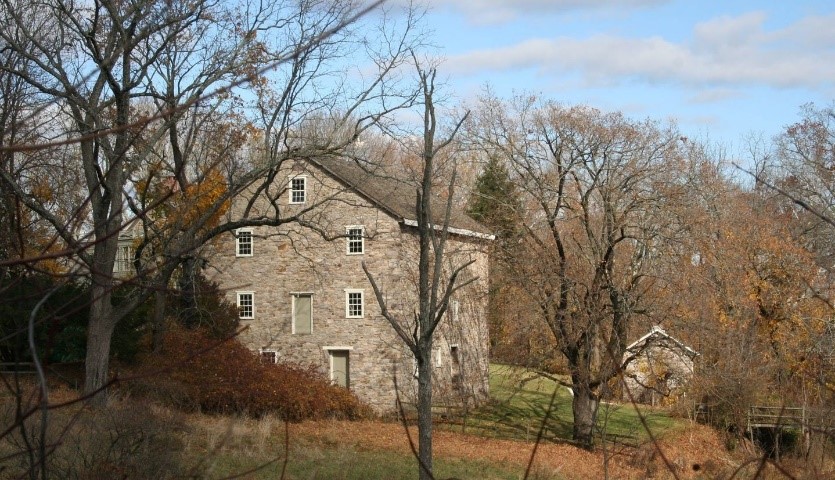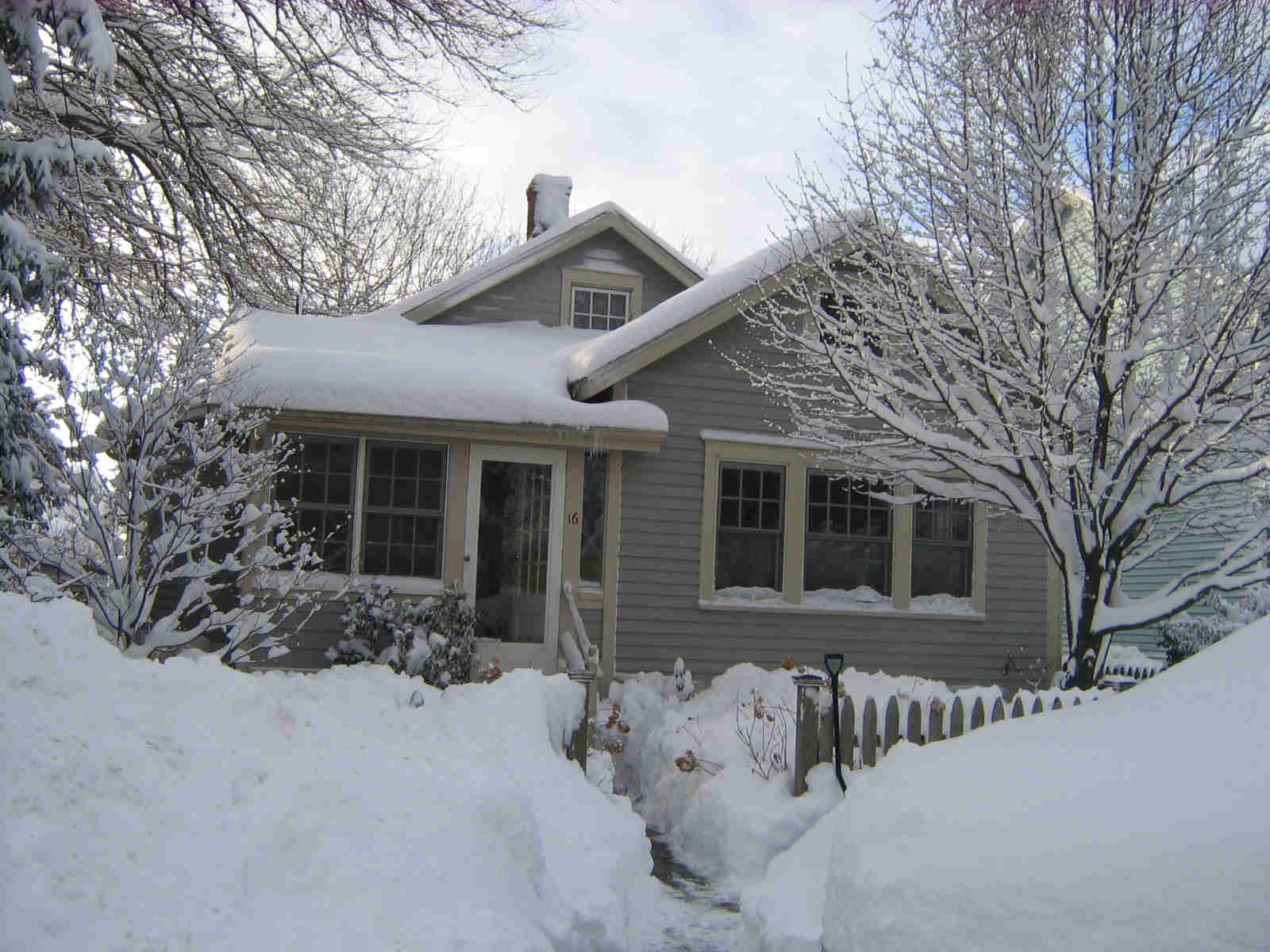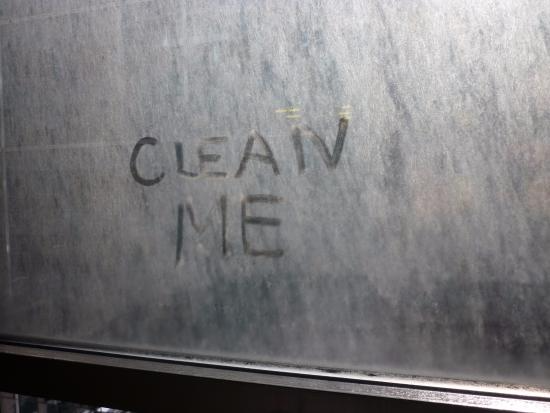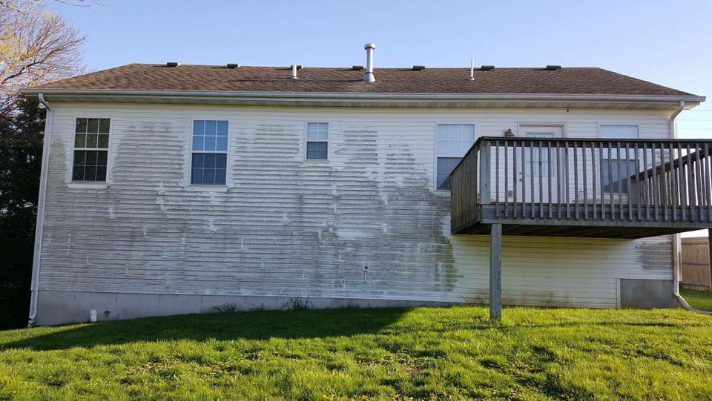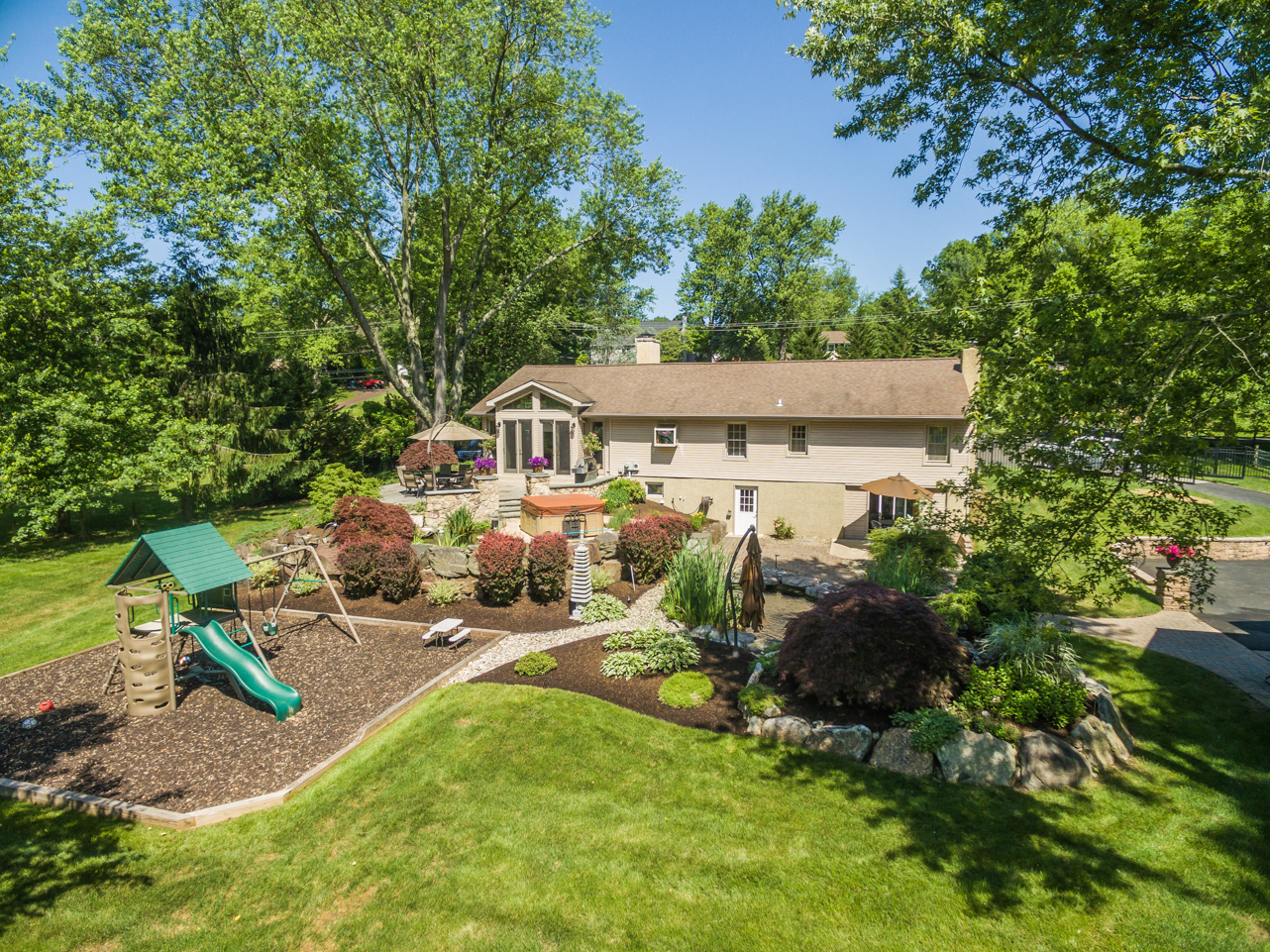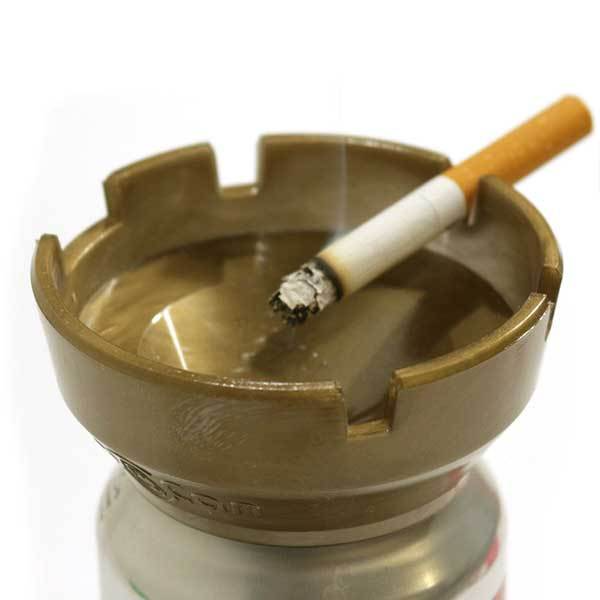Is your Home Improvement Contractor Registered?
Recently a Doylestown Township man was charged with defrauding a pair of Tinicum homeowners of $126,000 through home improvement fraud and investment schemes over the course of two years. What is the Pennsylvania law that covers home improvement contractors?
The Home Improvement Consumer Protection Act (“HICPA”) was adopted by Pennsylvania’s General Assembly in October, 2008, and signed by the Governor as Act 132 of 2008. The law establishes a mandatory registration program for contractors who offer or perform home improvements in Pennsylvania. The statute also establishes minimum insurance requirements for contractors; requires contractors to provide their registration number in their ads and contracts; establishes required contract terms for home improvement contracts; prohibits unfair business practices; and creates a criminal penalty for home improvement fraud.
Home improvement includes all of the following activities when they are done in connection with land or a portion of the land adjacent to a private residence or a building or a portion of the building which is used or designed to be used as a private residence for which the total cash price of all work agreed upon between the contractor and owner is more than $500:
- Repair, replacement, remodeling, demolition, removal, renovation, installation, alteration, conversion, modernization, improvement, rehabilitation or sandblasting.
- Construction, replacement, installation or improvement of driveways, swimming pools, pool houses, porches, garages, roofs, siding, insulation, solar energy systems, security systems, flooring, patios, fences, gazebos, sheds, cabanas, landscaping work (other than work performed under the Plant Pest Act), painting, doors and windows and waterproofing.
- Without regard to affixation, the installation of central heating, air conditioning, storm windows or awnings.
Under the law, a home improvement contractor is defined as: Any person who owns and operates a home improvement business or who undertakes, offers to undertake or agrees to perform any home improvement. The term includes a subcontractor or independent contractor who has contracted with a home improvement retailer, regardless of the retailer’s net worth, to provide home improvement services to the retailer’s customers. The term does not include any of the following:
- A person for whom the total cash value of all of that person’s home improvements is less than $5,000 during the previous taxable year.
- A home improvement retailer having a net worth of more than $50,000,000 or an employee of that retailer that does not perform home improvements.
Any home improvement contractor who is not registered is prohibited from offering or performing home improvements. The failure to register is a violation of the law and unregistered contractors face legal action, including civil penalties of $1,000 or more.
However: The law exempts from the registration requirements contractors who perform less than $5,000 worth of home improvements in a calendar year.
Landscapers whose work is limited to services performed under Pennsylvania’s Plant Pest Act do not need to register. However, landscapers who perform other work at private residences including, but not limited to: the placement of retaining walls, fountains or drainage systems, or the construction, replacement, installation or improvement of buildings, driveways, swimming pools, porches, garages, roofs, siding, insulation, solar energy systems, security systems, flooring, patios, non-decorative fences, doors, lighting systems, concrete walkways and windows must register and comply with the act.
The law prohibits various unfair business practices such as abandoning a home improvement project or failing to complete the work. The law also creates a criminal penalty for home improvement fraud, as defined by the statute. The act also requires all contracts for home improvements of more than $500 to be in writing and be signed by the consumer and the contractor. These contracts must also include important provisions like a description of the work; an approximate start date and completion date; the total price of the contract; and notice of the consumer’s right to cancel the contract. The law also limits down payments or deposits for any home improvement project for which the total price is more than $5,000.
Categories


